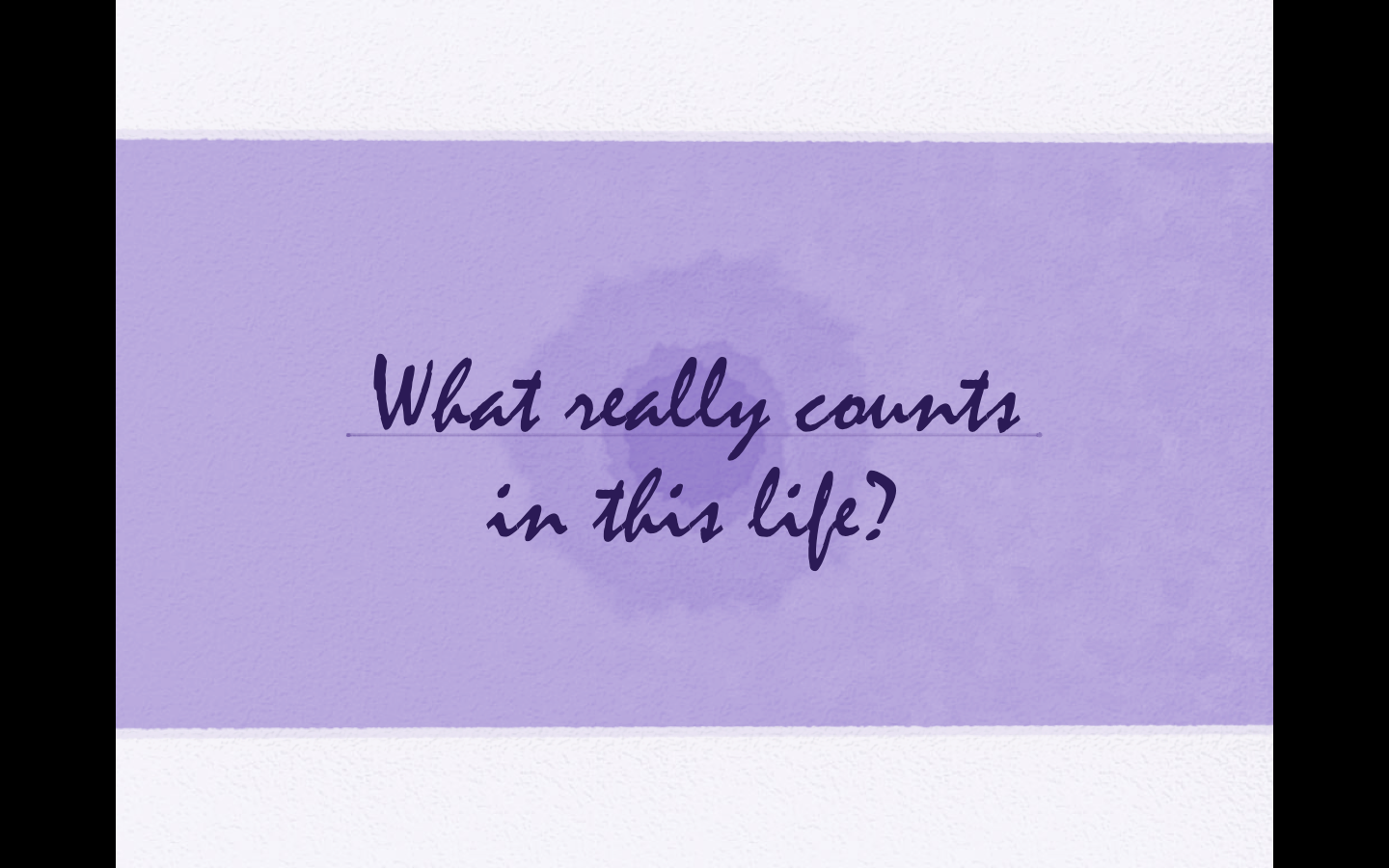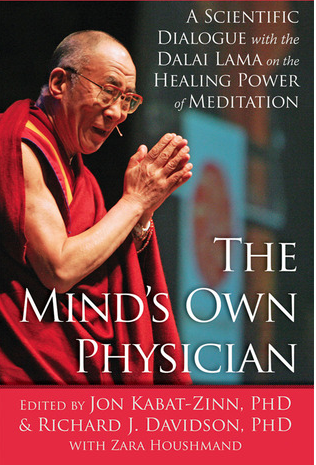Newest Posts
Writing and Meditation Prompt: On “In Silence” by Thomas Merton
Be still. Listen to the stones of the wall. Be silent, they try to speak your name. Listen to the living walls. Who are you? Who are you? Whose silence are you? from “In Silence” by Thomas Merton One way of thinking about meditation, it occurs to me, is to think of it as listening to thoughts in the silence—either one’s own thoughts or the thoughts of someone else, or some combination of the two. And one way of thinking about writing and...
Writing and Healing Prompt: A Poem and a Meditation
________________ “Hurry” by Marie Howe We stop at the dry cleaners and the grocery store and the gas station and the green market and Hurry up honey, I say, hurry hurry, as she runs along two or three steps behind me her blue jacket unzipped and her socks rolled down. Where do I want her to hurry to? To her grave? To mine? Where one day she might stand all grown? Today, when all the errands are finally done, I say to her, Honey I’m sorry I keep saying...
Thinking About the Preciousness of Human Life
The kind of meditation I’m most familiar with (mostly from hearing about it and only a bit from experience) is meditation that focuses attention on a single object—like the breath—or that focuses on one’s thoughts or experiences, such as in mindfulness meditation. But when Matthieu Ricard finally turns to actual suggested meditations, in his fourth chapter, “Turning the Mind Toward Meditation,” he doesn’t start with either concentration meditation or mindfulness. Instead, he begins with four meditations that will, themselves, he suggests, “strengthen your determination to meditate.” Some teachers, I...
5 Conditions for Writing and Meditation, Part Two
4. Enthusiasm. The first three conditions (that I wrote about last week) are tangible. This one is a bit more abstract. I like that Ricard includes 2 possible sources for enthusiasm: thinking about the benefits and then getting a taste of them. For me, with writing, the latter happened first. I wrote and I tasted the benefits and that motivated me to want to continue. I only learned about possible benefits in a theoretical sense much later. But with meditation, for me, it’s been the other way around. I’ve been...
5 Conditions for Writing and Meditation, Part One
In the third chapter of Matthieu Ricard’s Why Meditate?, after talking about motivation, he offers 5 conditions that are conducive to a meditation practice. A bit like gathering supplies before beginning. I thought it might be helpful to write about each of these as it relates to writing—and perhaps to writing and meditation. 1. The advice of a qualified guide. This makes a lot of sense. Since I’ve been writing, I’ve been turning to teachers—both in books and face-to-face. This idea of not having to reinvent the wheel or...
Meditation as the Mind’s Own Physician?
I’ve begun reading a second book on meditation: The Mind’s Own Physician. I chose it because it’s put out by the Mind & Life Institute, who also put out the book, Train Your Mind, Change Your Brain, an excellent book by Sharon Begley which came out of a series of conversations in October 2004 between the Dalai Lama and a small group of neuroscientists in Dharamsala on the science of neuroplasticity. The Mind’s Own Physician serves as a kind of sequel, coming out of a much larger conference in...





